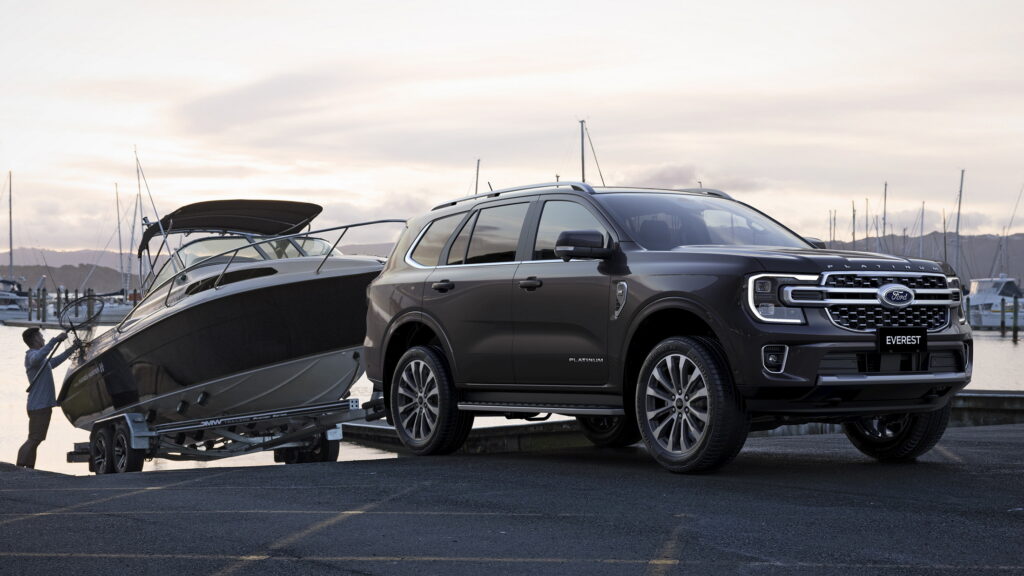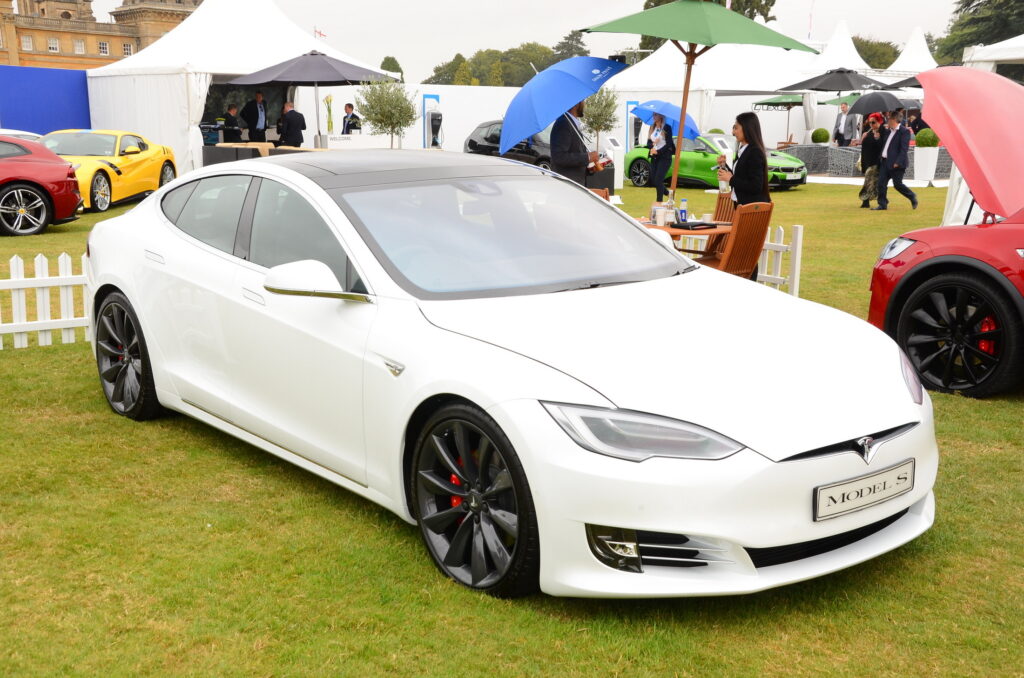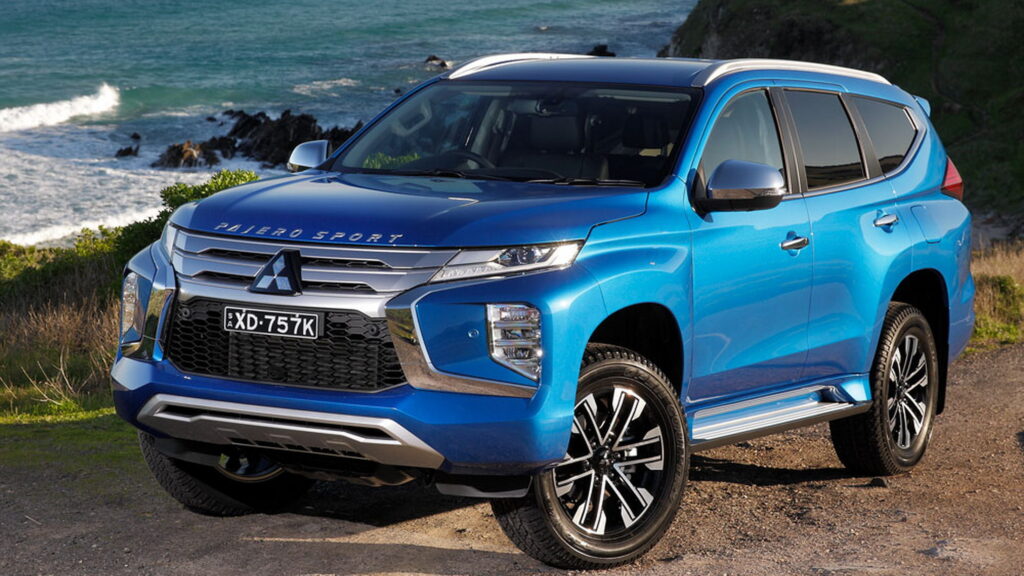Australia is one of just two countries with developed economies that does not have vehicle emissions standards, but that will change on January 1, 2025. The government has just announced the rules that will limit how much vehicles can pollute, which it says will reduce the nation’s CO2 emissions by 321 million tonnes by 2050.
The bill setting the standards is headed to parliament this week for approval, but the ruling party’s ambitions have been significantly diluted following push-back from Australia’s automotive industry.
Among the concessions made, the government has lowered its emissions reductions targets, The Guardian reports. According to a draft of its bill from February, it initially wanted the rules to cut CO2 pollution by 369 million tonnes by 2050, instead of the 321 million tonnes that it eventually landed on.
Read: Tesla Quits Australian Auto Lobby, Accuses It Of Misleading Consumers

In addition, the government has reclassified some of Australia’s most popular SUVs. Vehicles like the Toyota LandCruiser, Ford Everest, Nissan Patrol, and Mitsubishi Pajero Sport will be considered light commercial vehicles, rather than passenger vehicles, which will allow them to pollute more.
The industry argued that these vehicles’ body-on-frame construction and their high towing capacity makes them more similar to utes (pickup trucks for Americans) and vans than cars. Unibody SUVs will continue to be classified as passenger vehicles, though.
Ministers defended the compromised bill, arguing that it will deliver significant emissions reductions despite the concessions. The government claims that the new rules will lead to a 60 percent reduction in emissions from passenger vehicles, and a 50 percent reduction for light commercial vehicles by 2029. In addition, it is promising $95 billion (around US$62 billion at current exchange rates) in fuel savings for consumers by 2050.
And the compromise seems to have paid off. Transport Minister Catherine King and Energy Minister Chris Bowen unveiled the new bill, accompanied by representatives from the automotive industry. While Toyota and Ford had their say in the discussions, a Tesla representative was also present and described the bill as establishing “a very moderate standard,” moving the nation from the bottom of the global rankings to the middle of the pack.





